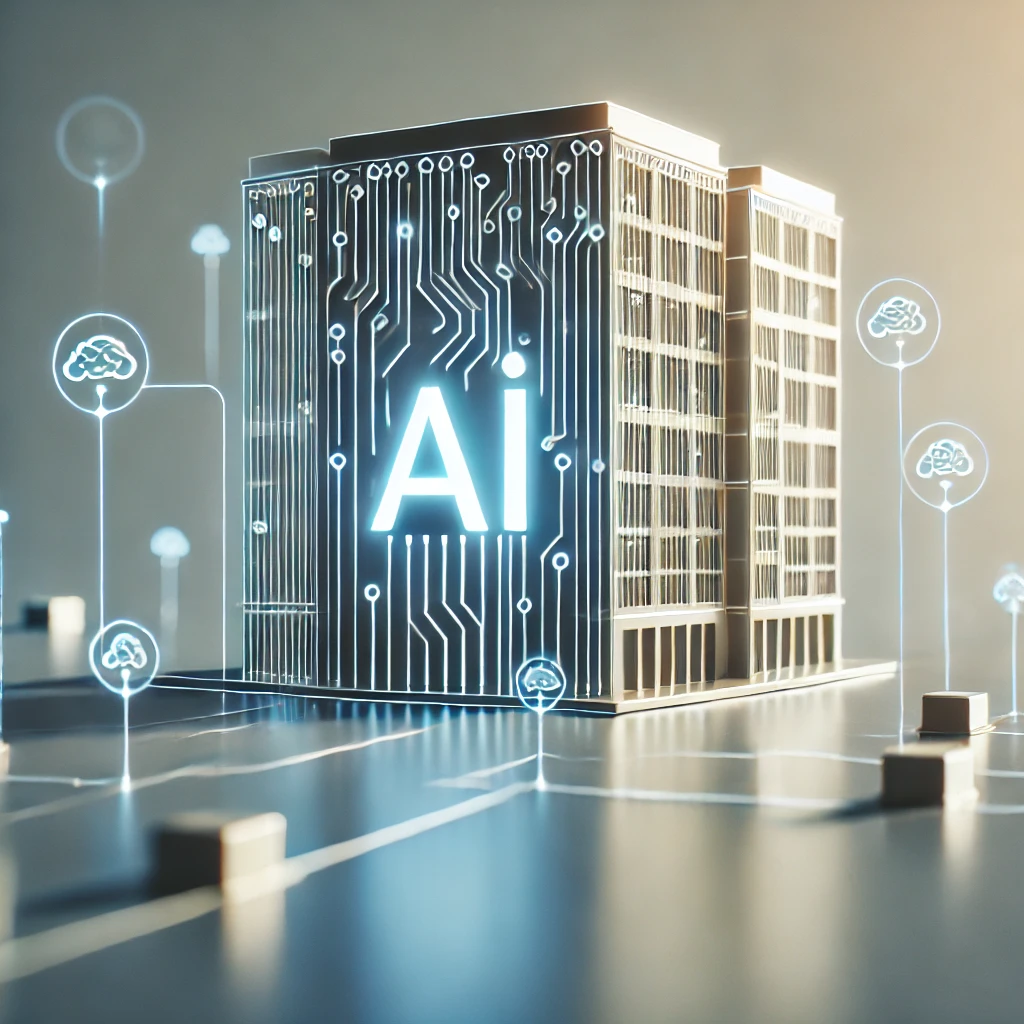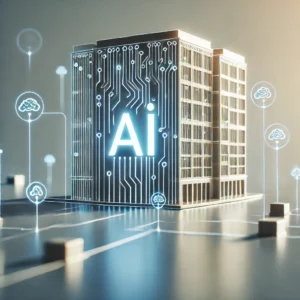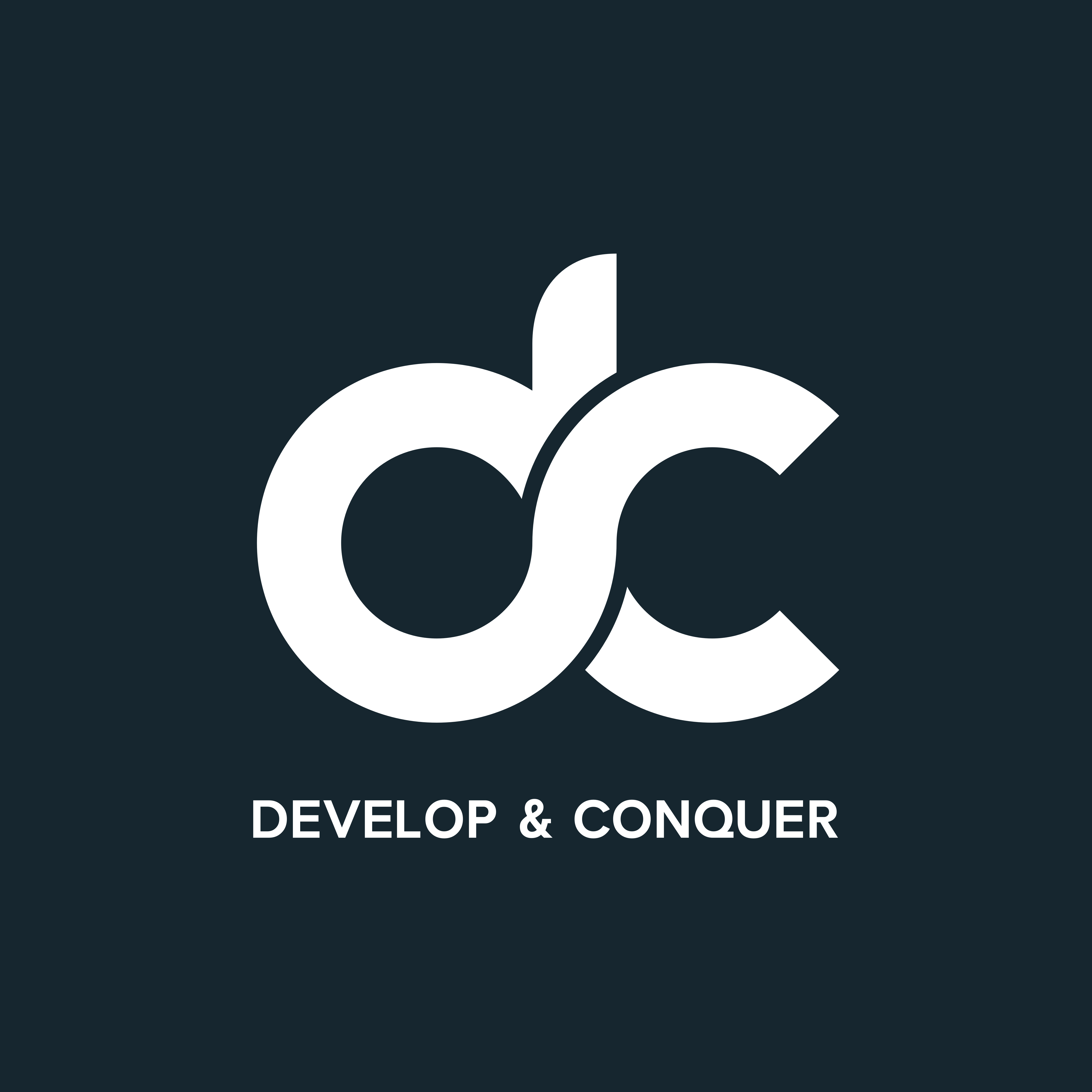The digital revolution has fundamentally transformed how businesses operate, but the integration of artificial intelligence (AI) is about to take this transformation to an entirely new level. The future of companies lies in a radical shift: software will no longer merely support business operations or serve as the product—it will become the business itself. In this paradigm, companies will not only develop software to offer products or services but will also rely on software to function as their workforce, powered by AI agents capable of running entire enterprises.
This article explores the emerging reality where AI agents are more than tools—they are the very infrastructure of businesses, reshaping the definition of companies and how they operate.
Software: From Product to Entire Enterprise
Traditionally, software has been seen as either the product of a tech company or a supportive tool to enhance efficiency and productivity. However, as AI evolves, software will expand to encompass the entire business ecosystem. This new software-driven paradigm includes:
- AI Agents as Employees: AI agents will handle tasks that were once the domain of human workers—from customer service and marketing to product development and operations.
- Business Model Integration: Software will integrate the company’s core business logic, strategies, and workflows into a cohesive, self-operating system.
- Continuous Evolution: Unlike static tools, these AI-driven systems will learn, adapt, and optimize operations in real-time, ensuring businesses remain competitive in fast-changing markets.
In essence, companies will become systems where every operational aspect is driven by intelligent software. This transformation will fundamentally reshape the nature of entrepreneurship and enterprise management.
AI Agents: The Workforce of the Future
AI agents represent the next frontier of automation, where software evolves beyond routine tasks to become proactive decision-makers and collaborators. Here are the key roles AI agents will play in future companies:
- Operational Execution
- AI agents will oversee logistics, resource management, and supply chains, ensuring optimal efficiency.
- They will monitor performance metrics, predict issues, and implement corrective actions autonomously.
- Customer Interaction
- Intelligent agents will handle customer service inquiries, personalized marketing campaigns, and sales interactions, delivering a seamless customer experience.
- They will use data-driven insights to anticipate customer needs and tailor responses in real-time.
- Product Development
- AI agents will accelerate research and development by analyzing trends, generating innovative solutions, and prototyping new products.
- They will collaborate with human teams to bring creative ideas to fruition.
- Strategic Decision-Making
- With access to vast amounts of data, AI agents will support leadership in making informed decisions by providing real-time analytics and predictive models.
- They will test and simulate strategies, minimizing risks and maximizing outcomes.
Benefits of AI-Driven Companies
The shift to software-driven companies powered by AI agents brings transformative benefits:
- Unprecedented Efficiency: AI agents can work around the clock, scale operations instantly, and handle complexities that humans cannot manage alone.
- Scalability: Businesses can expand rapidly by deploying additional AI agents without the constraints of traditional workforce scaling.
- Cost Reduction: Automating core operations and decision-making reduces overhead costs and minimizes human error.
- Innovation Acceleration: AI’s capacity for real-time learning and adaptation drives faster innovation cycles.
- Resilience: AI systems can identify and respond to disruptions, ensuring business continuity in volatile environments.
Challenges and Considerations
While the potential of AI-driven companies is immense, there are challenges to address:
- Ethical Implications: Businesses must ensure that AI systems are transparent, unbiased, and aligned with human values.
- Human-AI Collaboration: The shift requires rethinking the role of humans in organizations, emphasizing creativity, oversight, and ethical governance.
- Technical Complexity: Developing and maintaining sophisticated AI-driven systems demands a high level of expertise and infrastructure.
- Security Risks: As companies become increasingly software-centric, protecting these systems from cyber threats becomes paramount.
The Role of Agencies in Shaping AI-Driven Companies
Agencies will play a crucial role in helping businesses transition to this new model. They will act as architects of AI-driven enterprises, offering:
- Strategic Guidance: Helping businesses design AI ecosystems that align with their vision and goals.
- Implementation Expertise: Building the software infrastructure and integrating AI agents into existing operations.
- Ongoing Support: Ensuring systems remain adaptive, secure, and scalable as businesses grow.
By enabling companies to leverage AI agents effectively, agencies will be instrumental in creating the next generation of businesses.
Conclusion: Redefining the Company
The future of companies is one where software is no longer just a tool but the essence of the organization. AI agents will be the driving force behind every aspect of business operations, from strategic planning to execution. This transformation will not only redefine what it means to run a company but also open new possibilities for innovation, efficiency, and growth.
As we move toward this future, businesses that embrace AI-driven models will gain a significant competitive edge. By partnering with visionary agencies, they can navigate the complexities of this transformation and build enterprises that are ready to thrive in a software-centric world.
Are you ready to build the future of your business? Start today by exploring how AI agents can revolutionize your company—not just as a product, but as an entire ecosystem.




